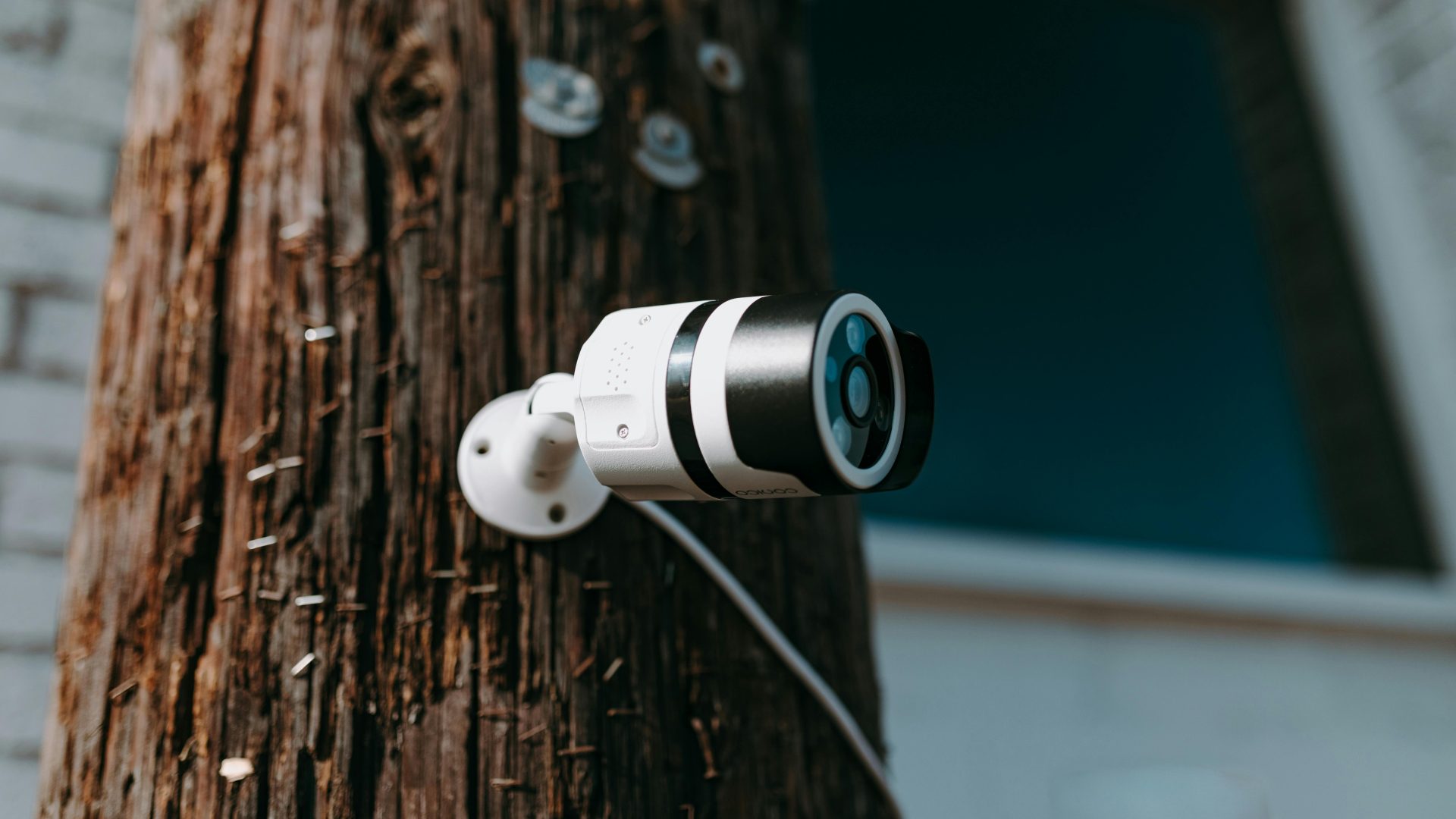Strange Theories on UFOs
Is it just me, or are there a growing number of bizarre theories surrounding UFOs lately?
There’s a faction forming that seems to think concepts like psionics or telepathy—essentially, the idea that our minds can connect with UFOs—are just way too far-fetched.
But honestly, when have there not been wild theories about UFOs?
To me, one of the most reasonable UFO theories ever proposed was the idea that “Martians are coming here out of fear of our nuclear weapons.” It was a logical hypothesis: Mars is a real planet with an atmosphere and seasons, not too far away, and our nuclear capabilities could pose a threat to them.
The downside? That theory turned out to be completely wrong—there are no canals on Mars, for starters.
The takeaway: just because a theory sounds logical and plausible doesn’t make it true, and counterintuitive theories aren’t automatically false. Logical theories are simply easier to corroborate with evidence, while evidence for theories that defy common sense is often elusive.
So, I reject the notion that “psionics,” which can refer to telepathy, remote viewing, or other abilities, is “too out there.” Discrediting ideas solely based on their implausibility is a fundamentally flawed approach to science.
I’ve personally experienced what felt like precognition twice during a college trip to Laguna Beach, California. While sitting on the beach at dawn, I thought to myself, “Someone will ride by on a horse.” Given how developed and enclosed Laguna Beach is, that seemed pretty unlikely. But just a few moments later, a rider on horseback passed by. Thinking that was odd, I got up to head back to my car and thought, “I’ll see someone from work.” And sure enough, minutes later, I ran into a colleague walking towards me.
Despite this, I don’t consider myself a “believer” in UFO-related psionics, especially regarding the claim of “summoning” or piloting UFOs, as I still await solid evidence.
This approach embodies skepticism: unless you have compelling reasons to adopt a belief, it’s wise to keep it at arm’s length without reaction.
In his lengthy interview, Barber mentions an emotional experience he felt was externally induced, which falls outside the current discussion on psionics. I’m open to the possibility of alien telepathy, physical paralysis, or other peculiar experiences, as there’s a wealth of historical evidence supporting these claims dating back to events like the Hill abduction. In fact, the UK MoD’s UAP report once suggested that some of these phenomena could be explained by microwave radiation.
The evidence connecting UFOs to mind-altering effects is actually more robust than that which supports the notion of “aliens” arriving in technologically advanced crafts from distant planets. Surprisingly, many in the UFO community still find the extraterrestrial hypothesis credible, even attributing it to aliens with warp drives motivated by our nuclear arsenal.
Regarding skepticism, it’s interesting how those critical of psionics often target the individuals discussing these topics as well. These “talking heads” are frequently labeled as being too far-fetched.
I maintain a healthy skepticism toward figures like Coulthart, Sheehan, and Michels. I don’t take them seriously when they present hearsay, which constitutes most of their claims. Science cannot rely on hearsay, and thus the information they provide is largely unhelpful to any scientific inquiry.
If any of their claims were substantiated, I’d be more open to listening. However, they often just shift their focus to new topics—remember the Nazca mummies? They prefer to follow trends rather than lead, as it requires less effort and poses less risk.
What I find most unscientific and unproductive in their conversations is the certainty they exude. This is particularly evident with Steven Greer. If you search for “Greer zero point energy,”

You’ve brought up some intriguing points regarding the wide array of theories surrounding UFOs, especially the emergence of concepts like psionics and telepathy in relation to extraterrestrial phenomena. I agree that the breadth of theories—ranging from the plausible to the far-fetched—has always been part of the UFO discourse. The Martian hypothesis, while compelling at first, indeed fell apart under scrutiny, much like many other well-intentioned theories.
Your argument against the idea that some theories are simply “too out there” resonates with me. History shows us that scientific progress often involves entertaining the unconventional. Just because something defies common sense doesn’t inherently disqualify it; the challenge often lies in the difficulty of gathering empirical evidence for such ideas.
Your personal experiences of precognition add an interesting layer to the discussion. They reflect the subjective nature of individual experiences, which can complicate the broader pursuit of objective truth. While it’s essential to maintain a critical perspective—especially regarding the claims of those in the ufology community—your approach to skepticism is sensible: hold beliefs lightly until substantial evidence presents itself.
You touch on a vital point regarding the certainty exhibited by some figures in the UFO community. Certainty without solid evidence can often lead to misinformation and skepticism towards legitimate inquiries. The science of ufology, like any other field, needs to be built on a foundation of rigorous investigation and openness to new information.
Lastly, your wait for evidence is commendable. Science thrives on curiosity, skepticism, and continual inquiry. Whether it revolves around telepathy, advanced technologies, or alternative explanations for UFO phenomena, the bottom line remains: evidence is crucial. Only time and diligent investigation will continue to clarify the vast enigma that is UFOs.